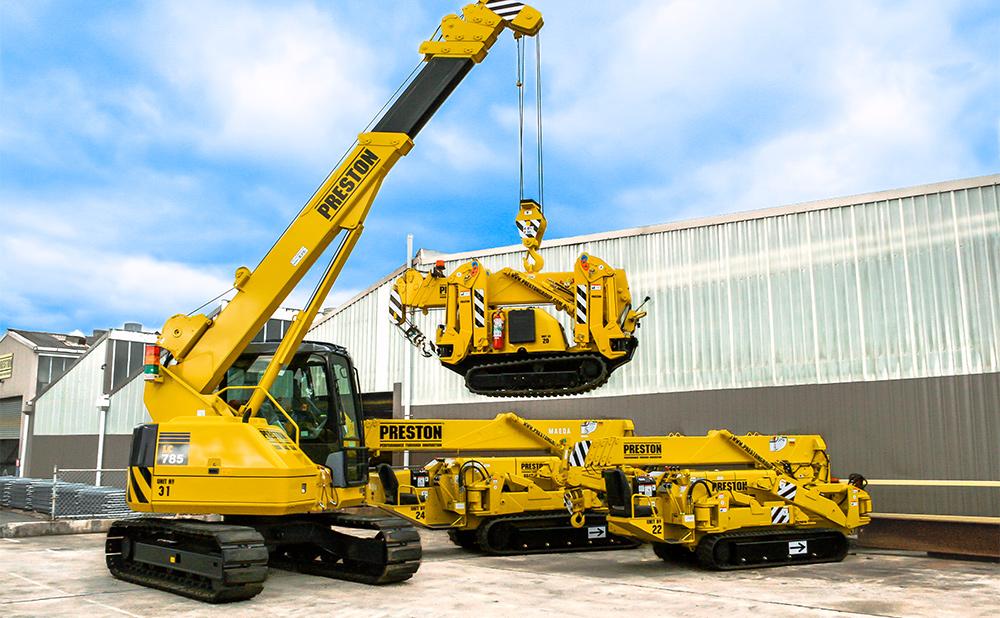Electricity, while being an essential part of our daily lives, can also pose serious risks if not handled with care. As a homeowner in Sydney, the most populous city in Australia with over 235 million people as of 2023, ensuring electrical safety in your home should be a top priority.
Knowing the ins and outs of your home’s electrical system is the first step toward a safer living space. This blog post will provide critical electrical safety tips to help you avoid accidents and keep your family safe. We’ll cover everything from understanding your electrical panel to preventing electrical fires. Let’s get started:
Table of Contents
Know Your Home’s Electrical System
Understanding your home’s electrical system is key to ensuring your family’s safety. Begin by locating your electrical panel, which serves as the control centre for your home’s electricity.
The panel houses the circuit breakers that protect your electrical circuits from overloads and other hazards. Familiarise yourself with the panel’s layout, and label each breaker to easily identify which circuit it controls. This will save you time and stress in case of an emergency.
Regular inspection and maintenance of your electrical system are crucial. Check for any signs of wear and tear on your panel, such as loose connections or frayed wires.
Ensure that your panel has enough capacity to support your home’s electrical needs, and upgrade it if necessary. Schedule annual inspections with a licensed electrician to keep your system in top condition and identify potential issues before they escalate.
Hire Qualified Electricians
It is essential to hire a competent electrician to keep your home’s electrical system safe. For more intricate tasks, such as connecting your house to the electricity grid or managing overhead and underground power lines, it’s crucial to select service providers with the appropriate qualifications.
In New South Wales, including Sydney, the regulatory body responsible for electrical licensing is NSW Fair Trading. Ensure that any electrician you employ has this licence and insurance cover, and review their references and feedback to gauge their expertise.
If you’re in need of a level 2 electrician Sydney offers numerous qualified professionals. A skilled electrician not only addresses your current electrical requirements but will also provide valuable insights into potential future issues.
Taking the time to have a licenced electrician inspect your system annually will help identify and resolve problems before they become serious hazards. Scheduling regular inspections ensures that your electrical network remains in optimal condition while guaranteeing safety for both you and those around you.
Use Appliances Wisely and Safely
Appliances make our lives easier but can also be dangerous if not used correctly. Always read and follow the instructions provided by the manufacturer, and avoid using appliances in ways they were not intended. This will help extend the life of your appliances and prevent accidents caused by misuse.
Unplug appliances when not in use to save energy and eliminate potential hazards. Ensure that all appliances are kept away from water sources, as water can cause short circuits and increase the risk of electrical shocks. Be especially cautious in areas like the kitchen and bathroom, where water is commonly present.
Prevent Electrical Fires
Electrical fires can be devastating, but they are often preventable. According to Fire and Rescue New South Wales, electrical appliances and faults cause almost 40% of home fires. This emphasises the importance of following electrical safety tips to prevent such incidents.
Install smoke alarms and carbon monoxide detectors throughout your home to alert you to potential dangers. Test these devices regularly and replace the batteries as needed to ensure they remain functional.
Faulty wiring is a leading cause of electrical fires. Look for warning signs like flickering lights, buzzing sounds, or burning smells. If you suspect faulty wiring, contact a licensed electrician immediately to address the issue. Additionally, be cautious when using portable heaters, as they can easily ignite nearby flammable materials. Keep heaters at a safe distance from curtains, furniture, and other combustibles.
Extension Cords and Power Strips
Extension cords help provide power to hard-to-reach areas but can be dangerous if overloaded. Avoid plugging too many devices into a single extension cord, as this can cause the cord to overheat and potentially start a fire. Instead, invest in power strips with built-in surge protectors to protect your electronics from power surges and reduce the risk of electrical fires.
Regularly inspect your extension cords and power strips for signs of damage, such as frayed wires or cracked insulation. Replace damaged cords immediately to avoid electrical hazards. When using cords, ensure they are not hidden under carpets or pinched by furniture, as this can cause damage and increase the risk of fire.
Safe Use of Outlets and Plugs
Outlets and plugs are vital to your home’s electrical safety. Install safety covers on all unused outlets to protect children from accidental shocks. Regularly inspect your outlets for signs of damage, such as cracks or loose connections, and replace them if necessary.
When using plugs, never force them into an outlet, as this can cause damage to both the plug and the outlet, increasing the risk of electrical issues.
Tamper-resistant receptacles are a great addition to your home, as they prevent objects other than plugs from being inserted into the outlet.
These receptacles are designed with a shutter mechanism that only opens when equal pressure is applied to both slots simultaneously, making it difficult for children to insert objects like keys or paper clips into the outlets. Consider upgrading your outlets to tamper-resistant receptacles to enhance the safety of your home.
Protect Your Home During Storms
Storms can wreak havoc on your home’s electrical system, causing power surges and other issues. With Sydney experiencing an average of 162 rainy days per year, it’s important for homeowners to be prepared for electrical hazards during storms.
Install surge protectors for your entire home to shield your electronics and appliances from damage caused by sudden voltage spikes. Unplug sensitive electronics, such as computers and televisions, during storms to further protect them from potential harm.
If you live in an area prone to lightning strikes, consider seeking professional advice on lightning protection systems. These systems can help minimise the risk of damage to your home and electrical system during severe storms.
Childproof Your Electrical System
Keeping your home’s electrical system safe for children is essential. In addition to installing tamper-resistant receptacles, teach your children about the dangers of electricity and the importance of electrical safety. Encourage them to ask questions and discuss any concerns.
Keep electrical cords and devices out of reach of young children, especially those that can pose a significant risk, such as hairdryers or irons. Regularly check your home for potential hazards, and address any issues promptly to maintain a safe environment for your family.
Develop an Electrical Emergency Plan
An electrical emergency plan can help you respond quickly and effectively during a crisis. In Sydney, electrical fires are a significant concern, as mentioned above. Therefore, it’s important to plan for power outages and electrical emergencies.
Familiarise yourself with the steps to shut off your home’s electricity and educate your family on the process. Keep a fire extinguisher readily available and ensure all family members know how to use it properly.
Maintain a list of emergency contact information, including your local fire department, electrician, and utility company numbers. In an emergency, quick access to these contacts can be invaluable.
Conclusion
Electrical safety is paramount for homeowners in Sydney. Following these top electrical safety tips can greatly reduce the risk of electrical accidents and create a safer environment for your family.
Be proactive in maintaining your electrical system, and remember that the safety of your loved ones is always worth the investment. Don’t wait for an accident to occur; take action today and make your home a haven of electrical safety.





